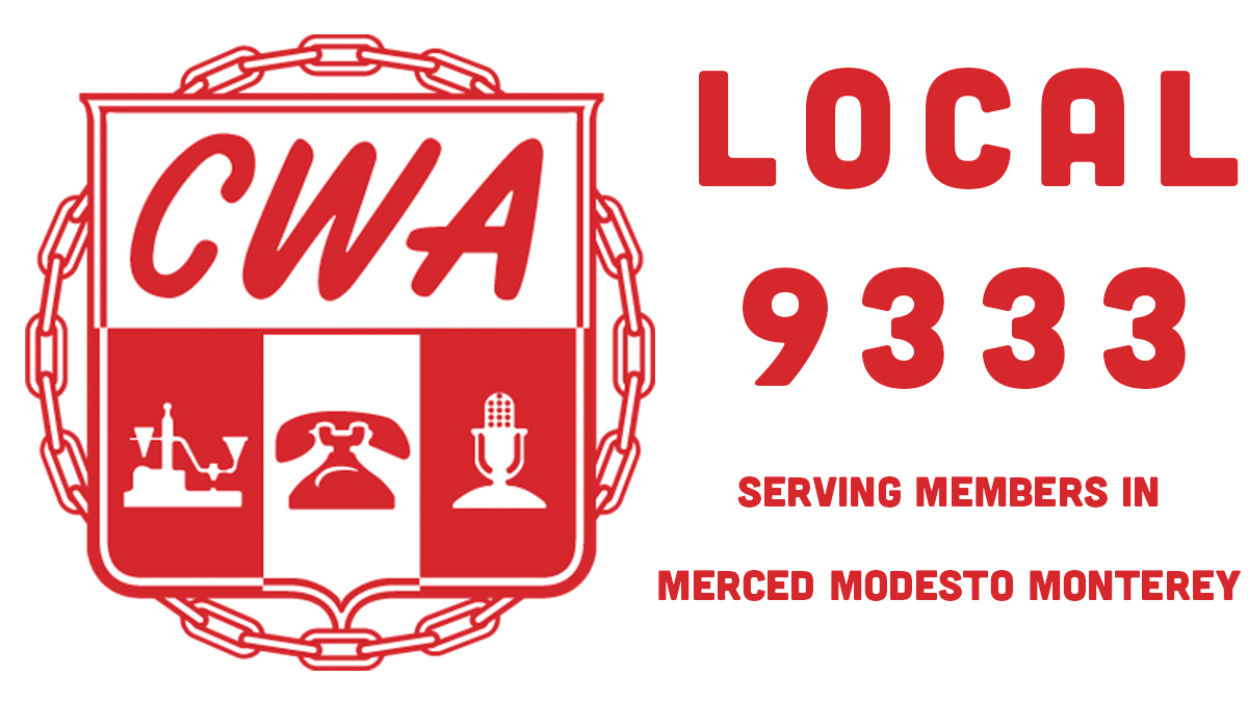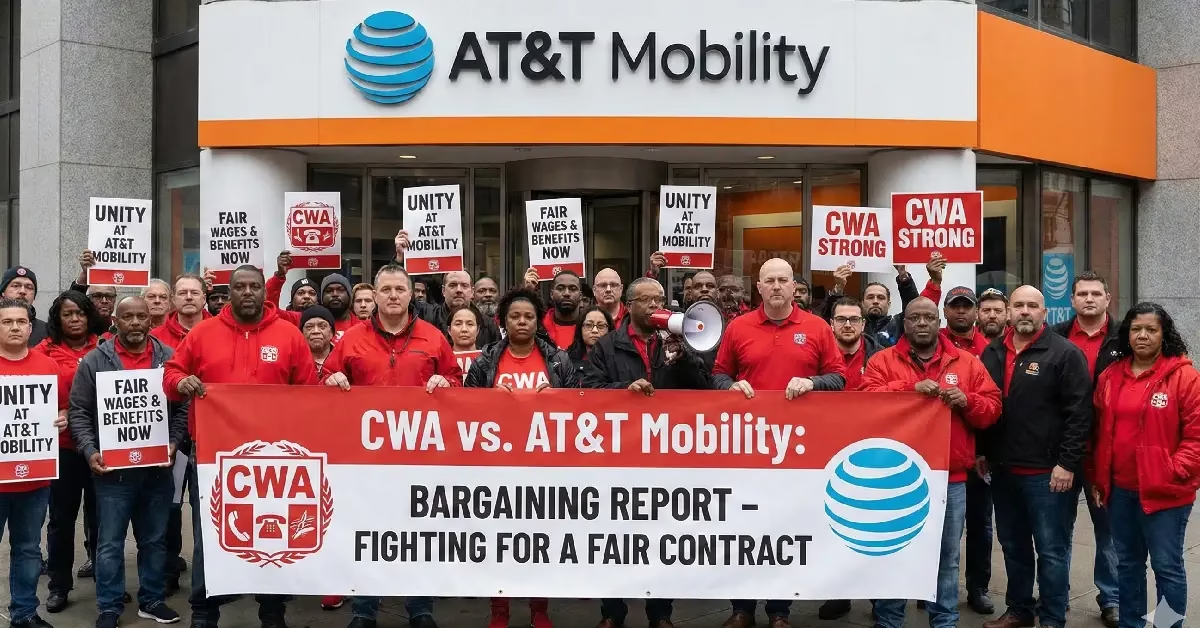Please read the full article at The Guardian website!
This sort of intense pushback against unionization is becoming the norm in the US – and it is having an impact. The intense opposition from many major US employers to workers who are trying to unionize is a major factor in the recent decline in labor union density in the US, with the US having among the lowest union densities compared with other industrialized countries.
The decline comes even as the US labor movement experienced a surge in popular support in 2022, with a spike in union election filings, growing support for unions in polls and more work stoppages.
According to a 2022 poll conducted by Gallup, support for labor unions reached its highest point since 1965, with 71% of Americans approving of unions. Petitions filed for union elections increased by 53% in fiscal year 2022, resulting in the largest number filed since fiscal year 2016.
But despite this growth, US labor union density declined in 2022, with the share of workers represented by a labor union decreasing from 11.6% in 2021 to 11.3% in 2022, and union membership density decreasing from 10.3% in 2021 to 10.1% in 2022. The number of workers represented by unions increased by 200,000, but this was offset by a 5.3% increase in the total number of workers in the US workforce.
The number of unfair labor practice charges filed with NLRB field offices increased by 23% in fiscal year 2022, the largest single-year percentage increase in decades, revealing how widespread employer opposition is to unionization efforts.
US employers spend an estimated $340m annually on hiring union avoidance consultants to oppose unionization efforts and employers are charged with violating federal labor law in 41.5% of all union elections, according to a 2019 analysis by the Economic Policy Institute.
Labor experts have highlighted the disparity between support for labor unions and decreasing union density as revealing a need for public policy reforms to protect workers’ rights to organize and enact meaningful penalties on employers for violating labor laws. They also say the NLRB needs more funding as workers face long delays for charges to be reviewed and adjudicated.
Workers have won union elections for the first time at many US locations of high-profile corporations, including Amazon, Apple, Trader Joe’s, REI, Chipotle and more than 270 Starbucks stores that have unionized since December 2021.
Please read the full article at The Guardian website!



